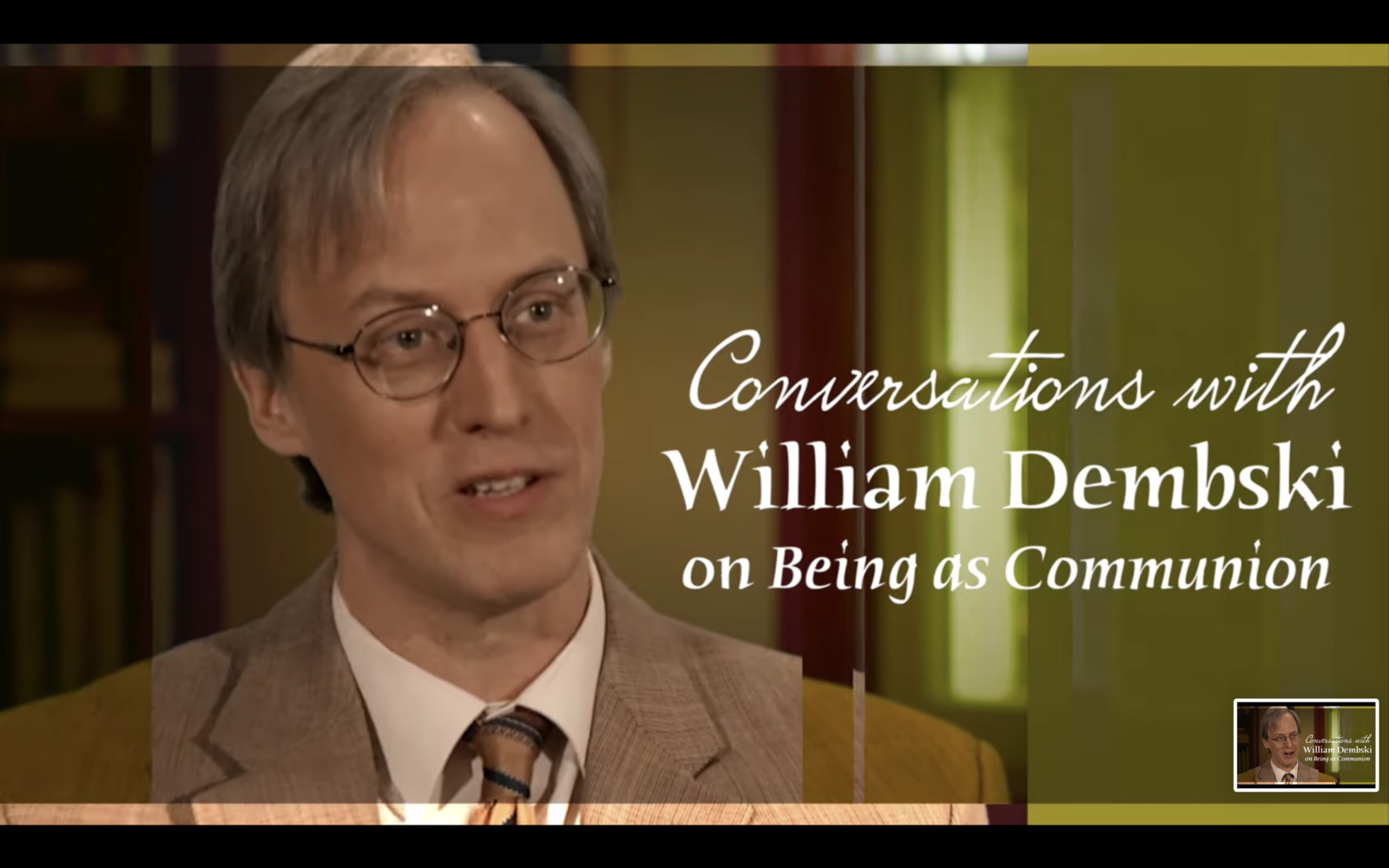We’re not doomed. At least not according to George Gilder’s challenging and insightful Knowledge and Power.
Plenty of nations have lost their way, and this present distress is not the first time we’ve gotten off course. But according to Gilder, although human beings are wired to receive information, we are currently starved of new ideas because our current ruling class in politics and media is basically just transmitting the same old noise. According to Gilder, when politicians try to match their message to ‘public opinion’ they stultify the political process. The job of leaders is not to reflect back ghostly images of the already spectral enough phantom known as public opinion. The job of leaders is to teach the public something they don’t already know. The third and final installment of our interview with Gilder follows below:
Jerry: “I kind of imagine you speak this signal into the current intellectual milieu and the libertarians say, “Wait, what’s all this stuff about family?” And the sort of nostalgic right say, “Wait, what are all these new jobs from overseas? They’re going to mess up American culture.” I mean, you’re at odds, to some degree, with the sort of religious right nostalgists, “let’s keep everything 9-5”, lunch bucket kind of thing. You’re also at odds with the libertarians who want to redefine family and redefine the traditional moral code—“
George: “Those are fair statements.”
Jerry: “On the other hand, you are, I think, creating a new intellectual structure in which those divergent elements can be reunited, almost reuniting the Reagan coalition on information theory.”
George: “Yeah, I think so. That’s really the purpose of it; it’s to show that both sides are right, it’s to put freedom on a more secure foundation and to put constitutional government and political leadership on a better foundation. I mean, all the heroic inventions of entrepreneurs on the frontiers of science are ultimately dependent on the discipline, moral codes, and leadership by politicians and leaders and ministers and priests, and the whole body of people defending the low-entropy carriers are also indispensable to the high-entropy creators.”
Jerry: “So, we await a new political entrepreneur not to wait for the public to understand this on his own, but to take this message that reunites the Reagan coalition and go out and actively teach it and create a demand for the supply of these answers in the political sphere.”
George: “I think that’s right. And I’m very optimistic. You know, the good thing about a knowledge economy, an economy of mind, is that it can change as quickly as people’s minds can change. In my book, Knowledge and Power, there’s a whole chapter full of examples of countries that have radically transformed their economies in weeks once policies have been changed. From the United States, we’ve reduced government spending 61% in two years after the second world war, with the Republican Congress of 1946. We cut tax rates all over the place through the joint tax return. We dismantled all the regulatory apparatus of the wartime, and much of the new deal. All Keynesian economists thought that the result would be a catastrophe, Paul Samuelson said it would be the worst disruption and disaster and depression in the history of economics. Instead, we launched what’s now looked back on as a golden age of American economic progress.”
Read More ›







